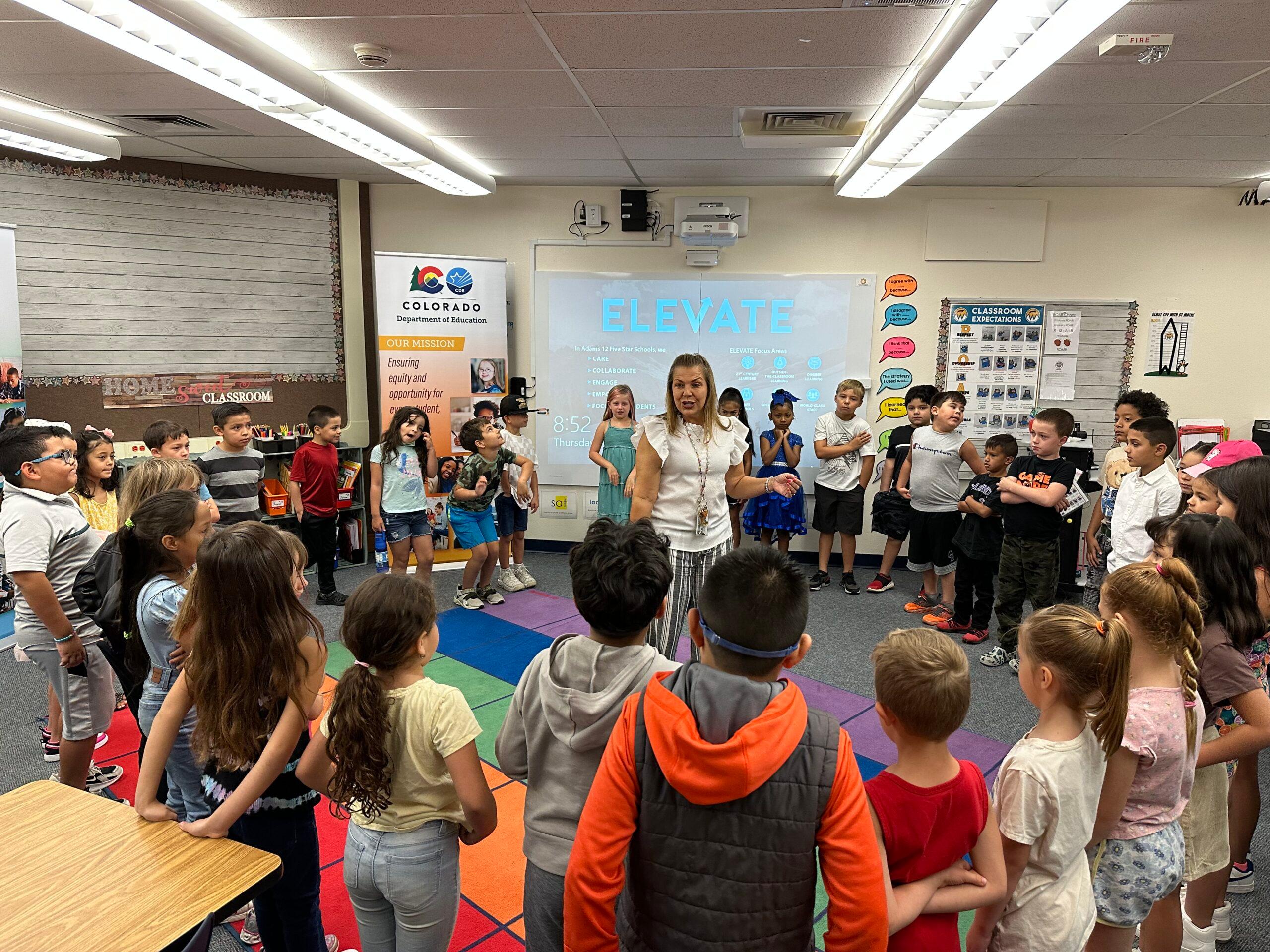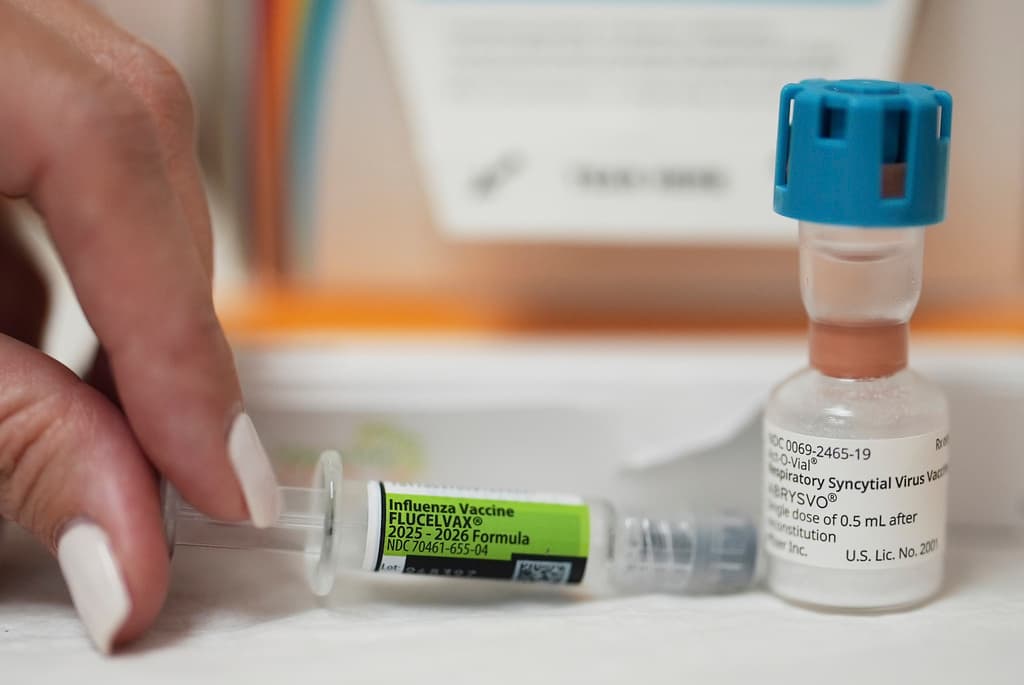
A statewide survey shows educators generally feel positive about where they work and are happy with their choice to become teachers, but they need more time to prepare for classes and more support to meet the social and emotional needs of their students.
Nearly 46,000 educators –about half of the people given the survey – responded to the biennial Teaching and Learning Conditions Colorado Survey (TLCC). Respondents included teachers, classroom aides, school leaders, psychologists and social workers. Several education organizations, the Colorado Department of Education and the Governor’s Office helped administer the survey.
“We found that most educators have a positive outlook on their school experience and say that their schools are good places to work, good places for students to learn and that they have supportive communities,” said Education Commissioner Susana Córdova. “We also found that many teachers feel that they don't have adequate time to prepare for their primary duties and engage in professional development.”
Most said their class sizes are reasonable, instructional resources are adequate and they are trusted to use their own professional judgment. Nearly nine in ten educators feel supported by the broader community. However, only half of teachers said that substitutes are available when they need to take leave. And just 38 percent feel they could meet the expectations of what they’re asked to do within their contracted hours.
“We clearly need more substitute teachers to help with coverage and to free up some of the time that teachers are losing when they have to cover classes,” said Córdova.
Because of the teacher shortage, educators are losing time to prepare for classes because they’re helping cover classes. The state has tried to make it easier for people to serve as substitutes.
“This data suggests that we have more work to do,” said Lisa Medler, CDE’s executive Director of Accountability and Continuous Improvement.
Some of the results of the survey, which is administered every two years:
Behavior of students since the pandemic
This has been a massive challenge for teachers as many students were disruptive and didn’t know how to behave in a school environment after the pandemic. Teachers see improvement in this area but just over half report schools deal with behavioral problems inconsistently.
Córdova said in all her visits to schools this year, classrooms felt more settled compared to when students returned after the pandemic.
“It feels a lot more like a lot less like the crisis classrooms that we had during COVID,” she said.
Mental health needs of students loom large
Educators report needing more support with students’ social, emotional and mental health. They say their greatest need is support in serving students who’ve experienced trauma.
The most recent Colorado Healthy Kids Survey reported nearly 40 percent of students surveyed experienced feeling sad or hopeless and 17 percent seriously considered suicide in the past year.
The survey showed that while most educators feel comfortable discussing resilience strategies with their students, only half feel comfortable discussing suicide. That number has dropped four points from 2022. The number of teachers comfortable discussing mental health with students (81 percent) dropped five points from two years ago.
Teachers' next biggest worry is lacking the support they need to serve students with special needs and those who are multilingual learners. The number of educators (74 percent) who say multilingual learners are adequately supported is down five points.
Teachers will have to complete training sessions on working with multilingual learners as part of renewing their license
“We know that it's important, educators are telling us that's important, but we also know it's really hard to fit in the time to be able to do that,” said Cordova. She said the department hopes to provide that training in multiple formats so teachers can access it more easily.
Retaining teachers
Teachers said school leadership is the most important factor in why teachers stay at a school, more than other school staff and salary. Ninety-four percent report being comfortable with the tasks they are asked to perform. While just 45 percent feel adequately compensated for their work, that’s up nine points from 2022. Only half said district leaders “pay attention” to supporting educators' mental and emotional health.
A specific set of questions aimed at teachers only showed a desire for more teachers of color. Only six percent of educators plan to leave or retire, up nine points from 2022.
“Our interpretation is that teachers are feeling good about their roles and more are choosing to stay,” said Medler.
This is a much lower figure than another survey by the Colorado Education Association. In December, nearly 60 percent said they were considering leaving the profession in the near future.
Cordova said there can be differences in the way each survey phrased the question and the time of the year the survey was conducted.
You can look up your own school and district data and statewide trend reports here.









